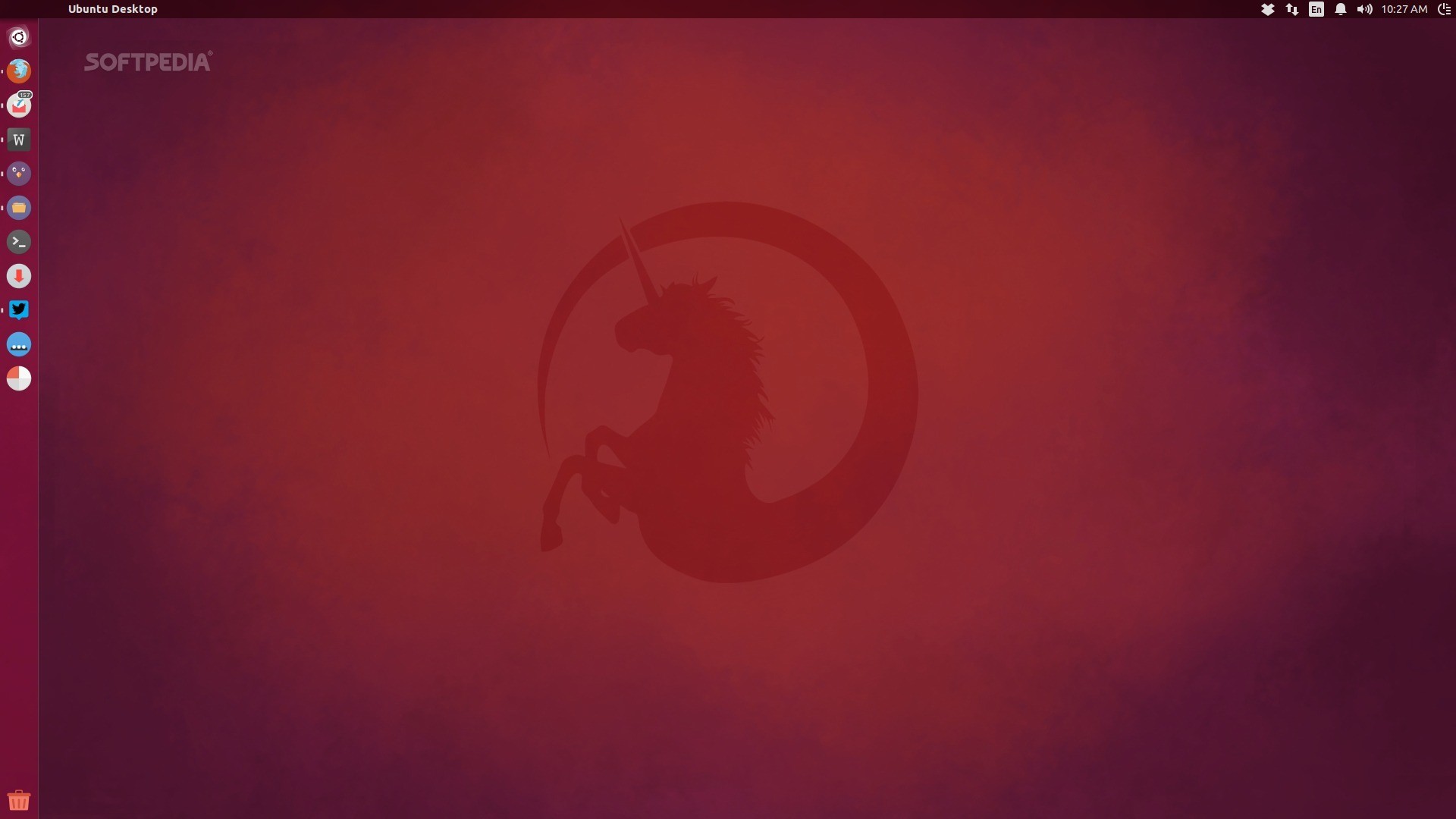

Press to continue or ctrl-c to cancel adding it For an introduction into the Python packaging ecosystem and its tools, refer to the Python Packaging User Guide. In general, you're better off installing Python modules using the common Python packaging tools rather than the system package manager. For Python 3 on the other hand, all pure-Python module packages at least should be available compiled extension modules will not work however. For Python 2, Python modules from the official repositories will not work, as a consequence of how Python packaging works in Debian. Using third-party modules packaged for Debian or Ubuntu with the Python interpreters from this repository is a bit of a mixed bag.
#UBUNTU 14.04.2 SERVER UPDATE#
Besides, making these update packages externally to the original repositories is a bit of a pain.Īs an exception, I have updated Python 2.7 packages for several Ubuntu releases in a separate PPA: However, for a given Python major release, don't expect to find newer point releases if there is already an older point release in the official Ubuntu repositories (i.e., if an Ubuntu release has a package for Python 2.6.4, I won't provide a package with 2.6.5 for that Ubuntu release): newer Python point releases shouldn't add new features or change behaviour, so they're rather pointless (no pun intended) for development and testing conversely, if that Python point release has a bug that is fixed in a newer release, that's still an issue with the original package and should be taken up with the Ubuntu or Debian maintainer of the package. Generally, I try to support Ubuntu releases until their official End-of-Life.Ĭurrently supported releases - 2.3, 2.4, 2.5, 2.6, 2.7, 3.1, 3.2, 3.3, 3.4īasically, if an Ubuntu version doesn't have an official package for a specific major Python version (be it "any more" or "yet"), look for one in this PPA. If you like what I'm doing here, you can show your appreciation by donating: Issues can be reported in the master issue tracker at: If you want to use them in a security-or-otherwise-critical environment (say, on a production server), you do so at your own risk.įor Python 2.7 updates for supported Ubuntu releases, see my dedicated 2.7 PPA: In particular, I shed all responsibility for security issues in these packages. There also was a time when Google App Engine still ran on Python 2.5, but nobody likes to talk about that.Ī disclaimer first: I do not guarantee any kind of updates. The packages in the official archives generally don't go back all that far, but people might still need to develop and test against these old Python interpreters. This PPA has older and newer Python versions for Ubuntu. $ sudo add-apt-repository ppa:fkrull/deadsnakes NOTE: The add repo command prompts for a user response without -y. Gpg: key DB82666C: public key "Launchpad Old Python Versions" imported Gpg: /tmp/tmpuljbio98/trustdb.gpg: trustdb created Gpg: requesting key DB82666C from hkp server Gpg: keyring `/tmp/tmpuljbio98/pubring.gpg' created Gpg: keyring `/tmp/tmpuljbio98/secring.gpg' created $ sudo add-apt-repository -y ppa:fkrull/deadsnakes
#UBUNTU 14.04.2 SERVER INSTALL#
$ sudo apt-get install -y python-software-properties I welcome comments for any other ways to install multiple Python environments. I had a hard time finding what I would consider an official means. If you want to install Python 3.3, in my case because various Openstack projects that maintain 3.3 compatibility.

Ubuntu 14.04 by default uses Python 2.7 and 3.4.


 0 kommentar(er)
0 kommentar(er)
